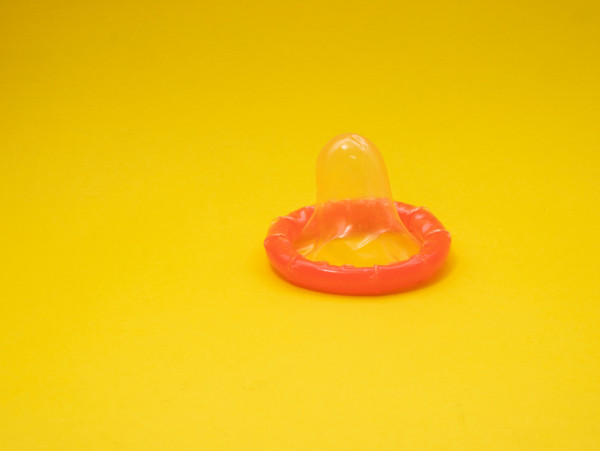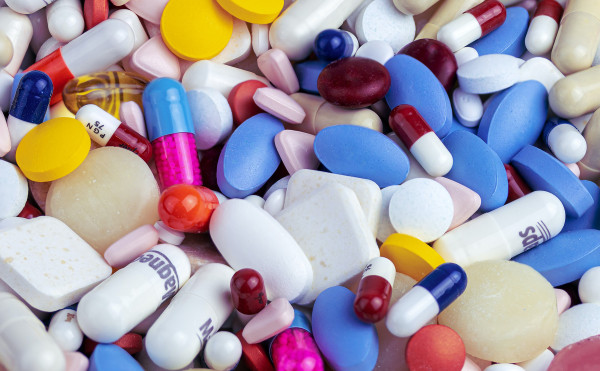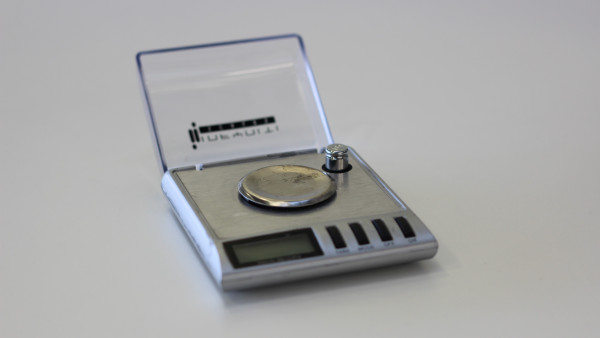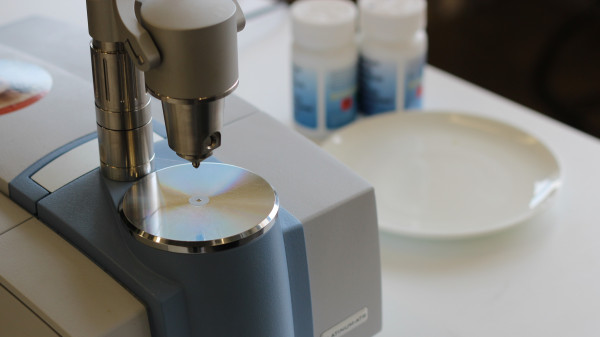Thinking about trying a drug for the first time?
There's a lot to think about when it comes to making a decision around whether or not to try a drug.
Here are some tips from people that have been there before:
1. There are things you can do to reduce the risks when using drugs.
Let’s put the law around drugs to one side for a bit.
It's hard to know what your first time trying a drug will be like, not knowing what to expect can lead to a bad time.
What a person experiences, how long the effect lasts, and how intense it is depends on how the drug is taken (e.g. swallowed vs snorted). See Drug safety for more information.
2. How drugs affect you will be different depending on your body, your mood and the setting.
Photo by Anthony DELANOIX on Unsplash
Everyone’s body processes drugs differently. Your metabolism, and your amount of body fat or muscle can influence how your body responds to different doses of drugs. See Drug safety for more information.
Taking a drug at the same time as everyone else does not mean the effects will kick in at the same time as everyone else. If the effects haven't kicked in yet, wait a bit longer before deciding what to do so you don't end up becoming more intoxicated than planned.
How you feel, and your mindset, can influence what you experience. You are much more likely to have an unpleasant experience if you take a drug when you’re feeling stressed, nervous, or are having distressing thoughts.
Physical and social settings also influence what you experience. You are much more likely to have an unpleasant experience if you take a drug when you're somewhere that makes you feel uncomfortable or with people that you don't trust. Remember that if you’re under the influence of a drug, you won’t be able to respond as well if the situation changes for the worse.
If you have planned to drink or take a drug at an event, it’s OK to change your mind if you're not feeling up to it or you think the people or setting could lead to a bad experience.
3. Researching the drugs you're taking can help you avoid unexpected problems.
 Photo by Priscilla Du Preez on Unsplash
Photo by Priscilla Du Preez on Unsplash
See Drug information to explore what you might experience from the drug you’re thinking of taking.
Keep up to date by subscribing to get High Alert's notifications and alerts about dangerous drugs in New Zealand.
If you decide to try a drug, thinking it through and planning can help you make sure that you’re comfortable with the possible risks and effects. Also, having a sober person with you can be helpful if things go bad. See Got an event in mind for more recommendations on what to consider.
4. The more of a drug you take, the more likely you are to experience unpleasant effects or overdose.
In general, pleasant effects of a drug happen at lower doses.
Take MDMA as an example. MDMA interferes with the storage of serotonin (a chemical that influences mood, feelings of wellbeing, and happiness) in brain cells, causing more to be released into the brain where it can have its effects. Taking more MDMA cannot make the brain release any more serotonin than it already has and that’s why larger doses are more likely to give you unpleasant effects or cause an overdose- and you’ll feel worse and take longer to recover.
See the effects section of Drug information for common effects people experience when taking different doses.
5. The drug might not be what you think it is.
Many drugs are illegal and don’t have quality standards or consumer guarantees that can tell you that the drug is what you think it is. There is also no way to be sure what a substance is from looking at it or smelling it.
Sometimes what is sold as one substance is actually something else. That is especially dangerous if the other substance has different effects or has different dosage amounts – what looks like one dose could actually be more. Overdoses can be extremely distressing, can require medical help, and can sometimes be life threatening.
See Checking your drugs for more information.
6. Some drugs can make you horny.
 Photo by Reproductive Health Supplies Coalition on Unsplash
Photo by Reproductive Health Supplies Coalition on Unsplash
Some drugs can make you really horny (e.g. meth, GHB, GBL and mephedrone) and with reduced inhibitions you are more likely to do things or behave in ways that you otherwise wouldn’t.
Talking this through with your sexual partner in advance and planning for safer sex with condoms and lube is best, but that isn’t always possible. Make sure that your sexual partner and you both give an enthusiastic ‘yes’ to sex, and stop if you or the other person is too high or intoxicated to consent enthusiastically, or no longer consent.
If this will be your first time taking a drug, think carefully about whether you want to add in this extra layer of complexity.
7. Avoid mixing drugs – including alcohol and medications.
 Photo by Myriam Zilles on Unsplash
Photo by Myriam Zilles on Unsplash
Mixing drugs can increase the risk of having unpleasant effects and can be unpredictable and dangerous. Different drugs affect the body in different ways. Taking different drugs together (e.g. MDMA and alcohol) won’t cancel each other out but may mask the effects of each other, making it seem like a drug isn't having as much of an effect on your body as it actually is. This puts a lot of strain on the body, and can cause unexpected effects if one wears off quicker than the other.
Some medications, such as anti-anxiety medications, work on similar parts of the brain as other drugs. These can have unpredictable and negative effects, and can cause things like serotonin syndrome – mild symptoms are shivering and diarrhoea, and severe symptoms are muscle rigidity, fever, seizures, and death if not immediately treated.
Visit the tripsit website for more information on drug interactions.
8. Have a plan if things go wrong while you're using drugs.
Unfortunately, things can still go wrong, even when you’ve done your research, taken a small amount, had your drugs checked and have a positive environment and mindset.
While you’re under the influence of a drug you won’t be able to respond as well as usual, so it’s best to have a plan in advance. Consider having a sober person around who knows what you are planning to take and is confident that they can help out if things go wrong.
This includes telling medical professionals what you have taken if something goes badly wrong and you need their help. Time is precious during an emergency, the more that emergency services know, the faster and more effectively they can help.
9. Talk with others and look out for your mates when using drugs.
 Photo by Thiago Barletta on Unsplash
Photo by Thiago Barletta on Unsplash
Explore what you’re thinking about with people that you trust. They may have different experiences and can help you explore this decision from other perspectives. You might like to ask them how they think you would react to the drug you are thinking of taking – you might be surprised at what they tell you.
A person who has used many different drugs in their life, reflects on what they wish they had known before trying drugs for the first time:
"I wish someone had told me that it was okay to change my mind when trying different drugs for the first time. I didn't have to always go so hard out because everyone else was. I should have planned things out a bit more and stopped trying to chase a better buzz that didn't exist. If back then I knew what I did now, I could have saved myself from a lot of sh*t experiences."



